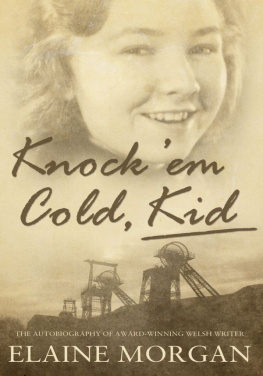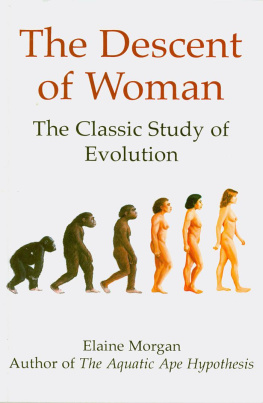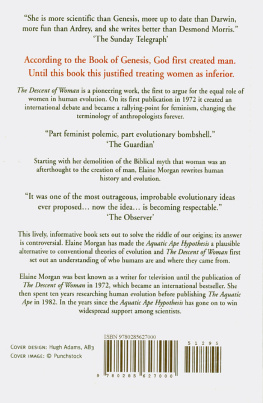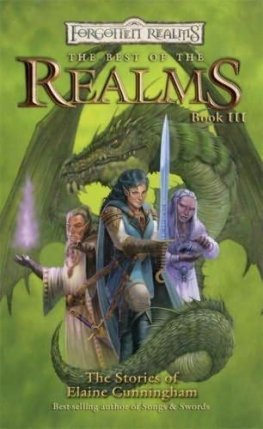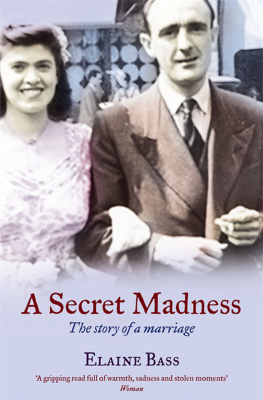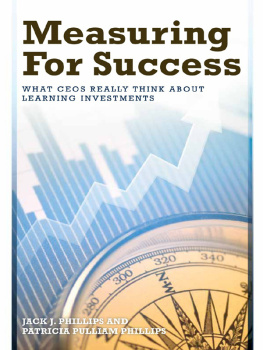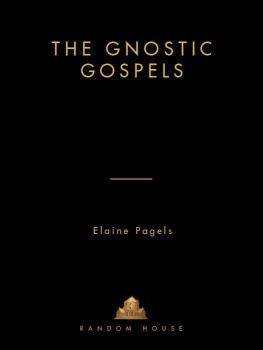Copyright 2012 Elaine Morgan
The moral right of the author has been asserted.
Apart from any fair dealing for the purposes of research or private study, or criticism or review, as permitted under the Copyright, Designs and Patents Act 1988, this publication may only be reproduced, stored or transmitted, in any form or by any means, with the prior permission in writing of the publishers, or in the case of reprographic reproduction in accordance with the terms of licences issued by the Copyright Licensing Agency. Enquiries concerning reproduction outside those terms should be sent to the publishers.
Matador
9 Priory Business Park,
Wistow Road, Kibworth Beauchamp,
Leicestershire. LE8 0RX
Tel: (+44) 116 279 2299
Fax: (+44) 116 279 2277
Email:
Web: www.troubador.co.uk/matador
ISBN 978 1780882 130
British Library Cataloguing in Publication Data.
A catalogue record for this book is available from the British Library.
Typeset in 12pt Bembo by Troubador Publishing Ltd, Leicester, UK
Printed and bound in the UK by TJ International, Padstow, Cornwall

Matador is an imprint of Troubador Publishing Ltd

This Book is dedicated to:
............................................
Please sign on the dotted line. In this day and age anyone who takes the trouble to write a book owes an increasing debt of gratitude to anyone who takes the trouble to read it.
Where Im Coming From
Id like to begin by introducing the four people with whom I spent the first nineteen years of my life. Lets begin chronologically with two grandparents, and meet them in the late 1890s
Fred and Martha
A steam engine pulls into Pontypridd station. Not many people get off because its ten oclock in the evening, a time when your average railway station would be pretty quiet. But Ponty station is never quiet for long because on one of the other tracks, another engine is pulling a long, long, long, long train of coal trucks clacketty-bang down towards Cardiff. That goes on night and day.
Among the passengers alighting is a young woman called Martha with a great mass of chestnut brown hair. She stands there with her young daughter and her even younger son worrying about whether she will be met. She neednt have worried. She is greeted and hungrily embraced by a man with an abundant yellow moustache, and a black line around his eyes like the mascara that Ramon Novarro and Charlie Chaplin will later wear in the silent movies. Its not mascara its coal dust, and at this date most of the men in Pontypridd have eyes like that, except that Freds are blue. Hes English, born in East Coker in Somerset, and so is Martha.
Their marriage broke up two years earlier because Martha, though of peasant stock like Fred, had acquired ideas above her station by working for some years as nursemaid to the squires children, and Fred had turned out to be a scallywag poacher who gambled and drank. But after the split hed come to South Wales to work in the pits and has recently written to her swearing that hes now a reformed character with gold sovereigns jingling in his pocket. Hes put a deposit on a house in The Parade thats the posh end of Pontypridd and invited his estranged wife to come to Wakes with their two children, and live in it with him, and try to make a go of it. He picks up her luggage and leads her out of the station.
Unfortunately, it is Saturday night and chucking-out time. The coal rush in South Wales had some things in common with the Gold Rush in the Klondike, in that a horde of men of working age arrived there first, and it was the best part of a generation before enough women arrived to redress the balance and begin to civilise them. When Martha is led through Taff Street, it is crowded with drunken miners, singing or fighting and brawling, and some of this is conducted in an outlandish tongue. She has to shrink away from them and step over broken glass and men lying groaning on the pavement with blood pouring out of their noses. She is terrified and appalled. When they reach the Parade, the house is there as promised, but contains hardly any furniture. There are two beds, and once the children are in one and their parents in the other, Fred enthusiastically makes up for the last two lonely years and falls asleep with a smile on his face. Martha lies awake wondering in anguish what sort of place she has come to, and what sort of life awaits her.
Well, it was no bed of roses. Shed hoped to find some respectable friends, but it was not easy. The middle-class neighbours she would have liked to mix with took a dim view of hobnobbing with the wife of a man who worked underground, and her precarious pretensions to gentility did not endear her to the other women who might have made her welcome. Besides, she had, through no fault of her own, an English accent. To the natives that was known as a twang, and talking with a twang indicated that you were showing off. She grew lonely and depressed, and since she was never one to suffer in silence, Fred soon grew as depressed as she was.
Things rapidly went from bad to worse. Fred was sacked from the pit. Hed been in charge of the pit ponies, and when a short-tempered miner got kicked by one of them and laid into the offending animal with his shovel, Fred attacked the man with his fists. Fighting underground is the sin against the Holy Ghost, so Freds mining career was at an end. He found labouring jobs on the surface, navvying and road mending, and even an entrepreneurial venture to do with a fish and chip cart, but nothing prospered and their income was sporadic. As things got worse, Fred took to gambling again and Martha took to gin. They moved to a smaller house a little way up the Rhondda Valley, and got deeper into debt.
The dark day came when Martha lay in the grip of delirium tremens on what was assumed to be her deathbed, with the landlord vowing to evict the feckless widower and his offspring onto the streets immediately after the funeral. They sent for her sister, known as Auntie Jin, to come at once from Somerset if she wished to see Martha alive. She arrived, blamed it all on Fred, and observed that Martha had started to pluck at the sheets. In those days that was a sure sign that the end was very near, and since Martha showed no sign of recognising her anyway, she saw no point in hanging around. She went back to Yeovil.
That was the low point in the fortunes of Martha and Fred. The fact that they climbed out of it was entirely due to their daughter Olive, a winsome child with light brown ringlets, big blue eyes, bags of filial loyalty and considerable strength of character. At the age of ten she took charge of events. She nursed her mother throughout her self-inflicted illness, and cooked and cleaned and washed and mended and got her young brother Percy off to school. She pleaded with the landlord, swearing a Bible oath to bring him the rent each week plus a small sum off the arrears. On paydays she waylaid her father wherever he was working, and wheedled rent and housekeeping money out of his docket before the bookies could get hold of the rest.
Martha had been so terrified by the hideous creatures that had haunted her DTs that she promptly got herself saved, by the very next Revival that swept through the valleys, and turned into a teetotal chapel-goer. But she never resumed her household duties. She found it much easier and more agreeable to leave all that to our Oll, who had proved herself so capable. A message was sent to the school saying that Olive Nevilles education must be considered at an end, as her mother was a permanent invalid and her services were indispensable at home. The teachers were indignant, because Olives compositions had regularly been read out in front of the class, but there was nothing they could do.
Next page
